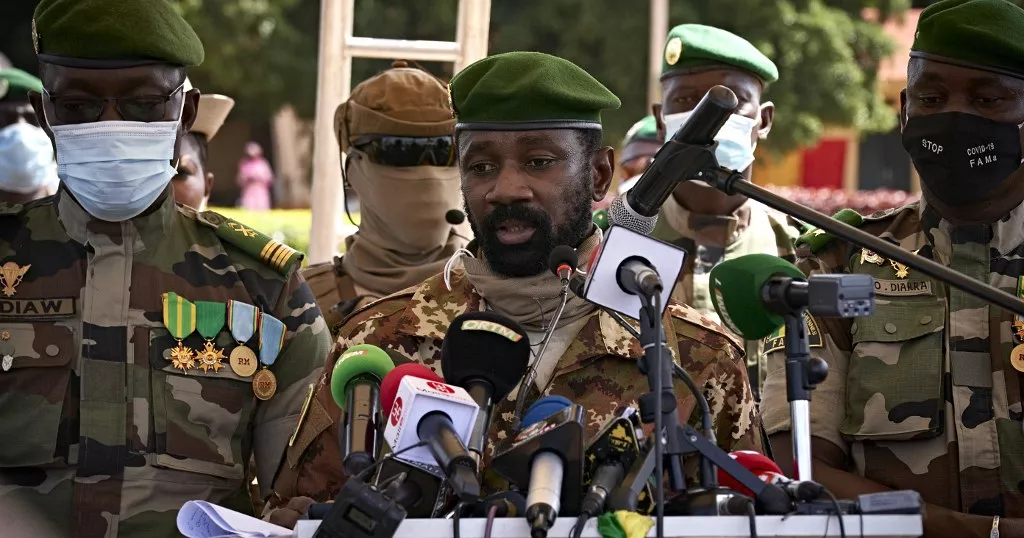Mali is witnessing significant changes as the head of the junta, Colonel Assimi Goita, brings in a new constitution for the country. However, this move is met with opposition from various political and civil groups. The new constitution is seen as crucial in Mali’s efforts to address the ongoing crisis and combat the jihadist insurgency.
A recent referendum on the proposed constitutional changes saw 97 percent in favor, though the voter turnout was relatively low at 38 percent. Some petitions challenging the legitimacy of the referendum were rejected by the Constitutional Court, fueling opposition sentiments.
Critics express concerns that the new constitution could extend the rule of the colonels beyond the scheduled presidential elections in 2024. The amendments grant more power to the president, raising speculations that Colonel Goita might seek the presidency.
The constitutional changes also emphasize the role of the armed forces, indicating a shift in Mali’s diplomatic relations. The country is moving away from its historical alliance with France and establishing new ties with Russia. This shift has raised concerns, and opposition groups have denounced the referendum results, alleging irregularities.
The opposition movement, comprising political parties and civil society organizations, has criticized the validation of the referendum results, highlighting reported flaws in the voting process. The dissolution of the Social Democratic Party by the junta has added to the tensions, with its leader, Ismael Sacko, denouncing the situation.















